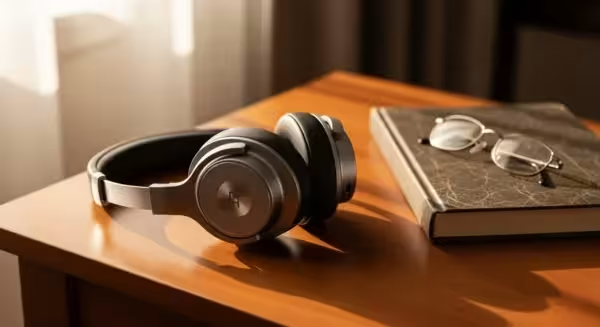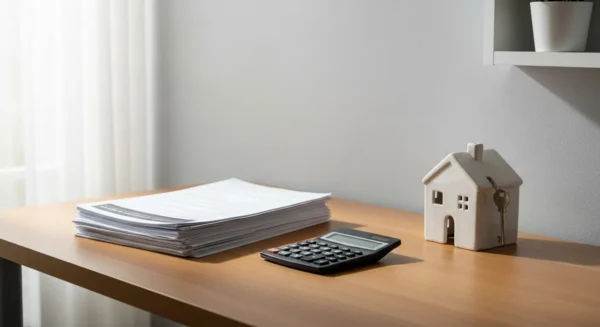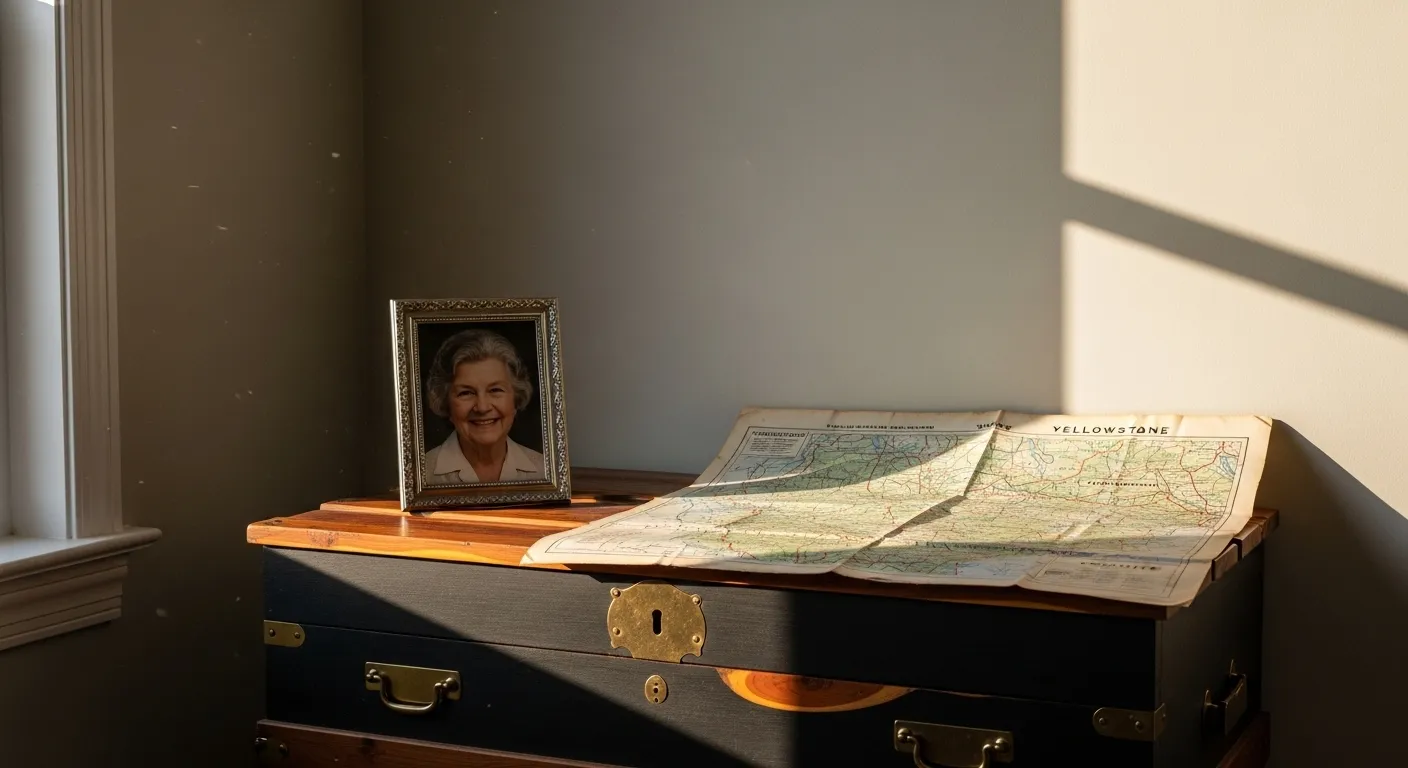
If you had told me five years ago that I’d be spending an hour every morning with a pen and a leather-bound notebook, I would have chuckled and told you that you had me confused with someone else. I was a man of action, a systems engineer for thirty-eight years. My life was about blueprints, schematics, and tangible results. Feelings, reflections, memories… those were things that just sort of happened in the background. They weren’t something you sat down to document.
My wife, Eleanor, she was the family historian. She was the one who labeled all the photo albums, who could recall the exact funny thing our son said on a vacation in 1988, who kept little keepsakes in a cedar chest. When she passed, it felt like our family’s entire library had burned down. The silence in the house was overwhelming, a physical weight. My retirement, which we had planned together, began two years later. Suddenly, the structured, predictable world I had known my whole life—first at work, then as Eleanor’s caregiver—vanished. It was replaced by long, quiet afternoons.

The Long, Quiet Afternoons
My days fell into a drab rhythm. Coffee, news, a walk if my knee was feeling up to it, lunch, maybe a trip to the hardware store for a part I didn’t really need. My children, bless their hearts, called regularly. But they had their own careers, their own kids, their own busy lives. I found myself telling them the same thing every time they asked how I was: “I’m fine. Keeping busy.”
But I wasn’t fine. I was adrift. The memories of Eleanor, which were once so vivid and comforting, started to feel slippery, like trying to hold onto water. I’d try to recall the name of that little Italian restaurant we loved in our twenties, or the punchline to a joke she always told, and the details would be fuzzy, just out of reach. It was a second, crueler kind of loss. I felt like I was losing her all over again, piece by piece, to the fog of my own mind. The house was full of her things, but her story—our story—was fading.
I felt a growing sense of panic mixed with a profound purposelessness. I had fixed machines, managed projects, raised a family. What was I supposed to do now? What was the point of these endless, identical days? I was a problem-solver with no problem to solve, and it was making me irritable and sad.
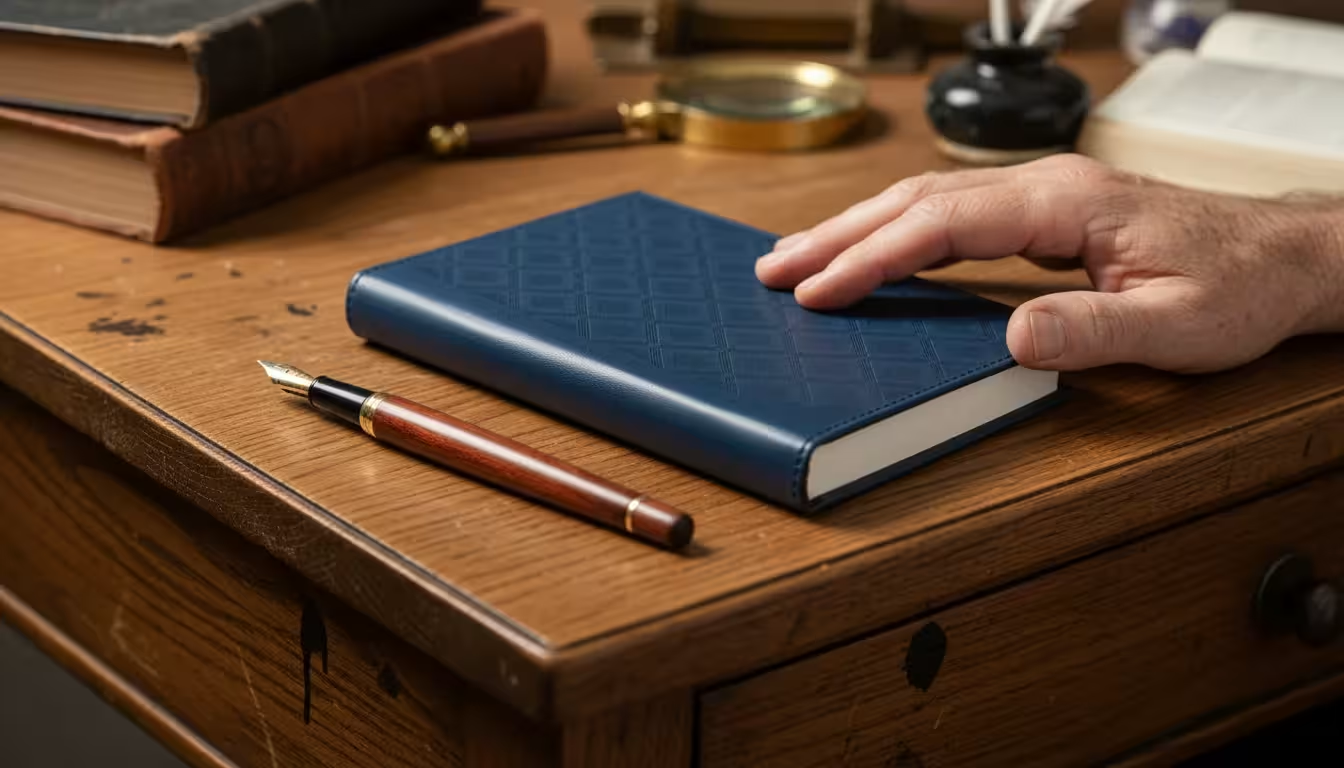
A Gift I Didn’t Know I Needed
For my seventy-first birthday, my daughter, Kate, came over with a small, beautifully wrapped gift. Inside was a dark blue leather journal and a heavy, expensive-feeling fountain pen. “I thought you could write things down, Dad,” she said gently. “You know, stories about Mom. Things you remember. For the grandkids.”
My first thought was, What on earth am I going to do with this? I was a retired engineer, not a poet. The whole idea felt foreign and a little embarrassing. I thanked her, of course, and placed the journal on the corner of my desk, where it sat for the next three weeks, gathering a fine layer of dust. It felt like an accusation, a symbol of the very idleness I was trying to ignore.
Then one Tuesday, I was cleaning out the hall closet and found an old shoebox filled with loose photographs. In one of them, Eleanor and I were standing in front of our first car, a beat-up Ford Falcon we’d named “The Blue Bomber.” She was laughing, her head thrown back, because I had just told her we could probably make it all the way to California in that car if we just packed enough oil. A wave of memory, so sharp and clear it took my breath away, washed over me. I remembered the smell of the vinyl seats, the way the radio only got one station, the feeling of her hand in mine.
I didn’t want to lose it. I felt an urgent, powerful need to nail that memory down. I walked to my desk, wiped the dust off the journal, uncapped the pen, and wrote. My handwriting was stiff and unfamiliar. The first entry was just a clumsy paragraph about an old car. But as I wrote, something shifted. It wasn’t just a memory anymore; it was a scene. I could see it, feel it. For the first time in months, Eleanor didn’t feel like a ghost. She felt present.
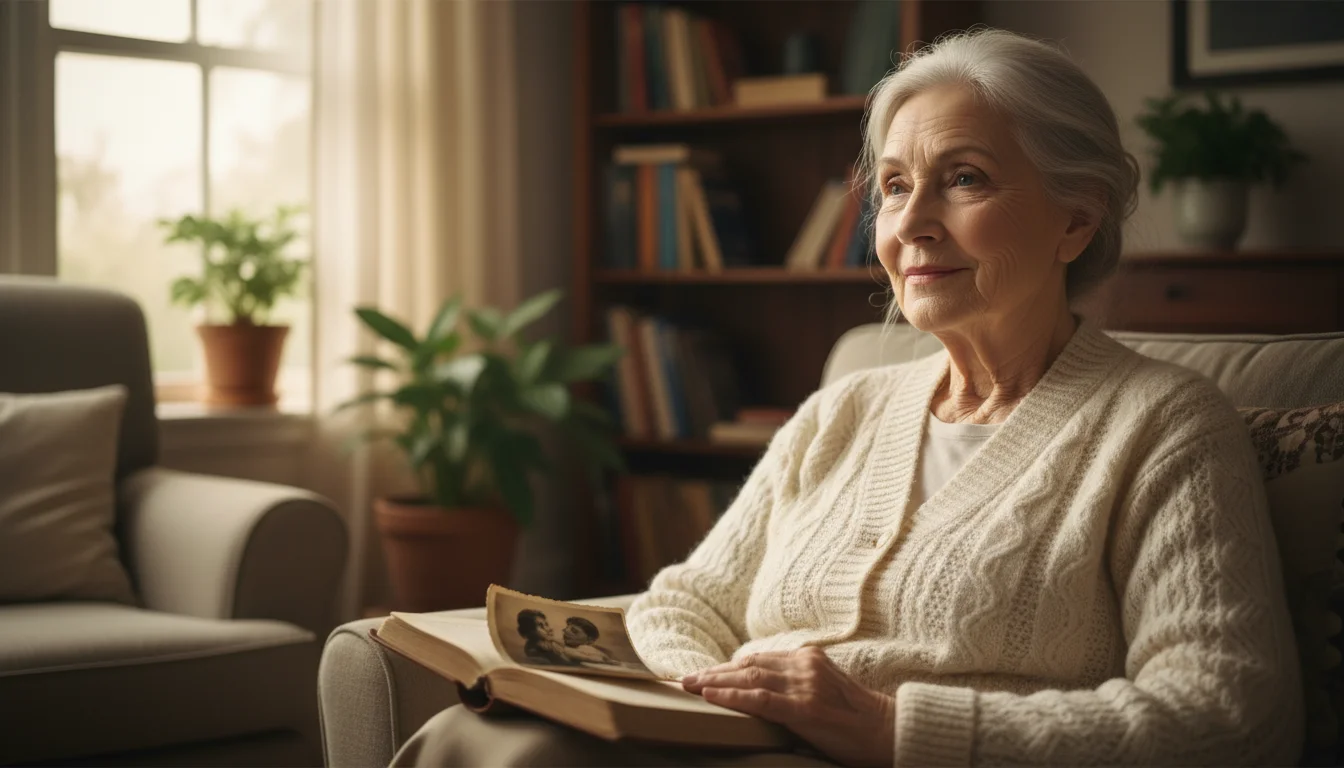
From Daily Chores to Daily Grace
That first entry cracked the door open. I decided to commit to writing something, anything, each day. At first, it was a struggle. My entries were as dull as my days: “Mowed the lawn. Went to the grocery store. Paid the electric bill.” It felt pointless. This wasn’t a story; it was a logbook of chores.
I nearly gave up. But then I remembered Kate’s suggestion: write about Mom. So, I changed my approach. I stopped trying to document my present and started trying to excavate my past. One day, I decided to write down everything I could remember about the day our son was born. The next, I wrote about a disastrous camping trip that had become a family legend. This kind of reflective writing was transformative. I wasn’t just stating facts; I was exploring the emotions, the sights, the sounds. I was rebuilding my own history, one story at a time.
Soon, this practice began to bleed into my present day. Kate had mentioned something called gratitude journaling, which sounded like more new-age nonsense to me. But I thought, what the heck. I’ll give it a try. I started ending each entry by listing three small things I was grateful for that day. The first few days were a stretch. “Grateful for my morning coffee.” “Grateful it didn’t rain.”
But a funny thing happened. The act of looking for things to be grateful for made me start noticing them more. I started seeing the world differently. I wasn’t just drinking coffee; I was savoring the rich, dark aroma. I wasn’t just seeing a bird at the feeder; I was noticing the brilliant crimson of a male cardinal against the green lawn and feeling a small spark of joy. My journal entries started to change. They became a mix of past and present, of deep memory and simple, daily grace. The benefits of journaling for seniors weren’t just about preserving the past; they were about enriching the present.

My Life, Page by Page
That was four years ago. That first journal is now full, as are three more that sit beside it on my bookshelf. My morning ritual is no longer about just passing the time; it’s the anchor of my day. It’s a conversation with myself, with my past, and in a way, with Eleanor. I’ve filled those pages with the big stories of our lives, but also the small, forgotten moments that truly made up our world.
The loneliness hasn’t vanished completely—I don’t think it ever does when you lose your partner of nearly fifty years. But it no longer feels like a vast, empty room. It’s more like a quiet space where I can sit with my memories and find comfort and meaning. The journal has become a bridge. Last Christmas, I read my grandchildren the story I had written about my first date with their grandmother. Seeing their faces light up, hearing them ask questions… I realized I hadn’t just been writing for myself. I was tending to the family library, just as Eleanor had.
If you’re feeling adrift like I was, if the days feel a little too quiet and the past feels a little too far away, I can’t recommend this practice enough. Don’t worry about being a “writer.” That’s not the point. Your grammar doesn’t matter. Your spelling doesn’t matter. All that matters is your story. Buy a simple notebook. Pick up a pen. Start with one memory, one small thing you’re grateful for today. The practice of journaling later in life is one of the most powerful and rewarding gifts you can give yourself. You’re not just filling pages; you’re rediscovering the beautiful, complex, and invaluable story of your own life.
For expert guidance on senior health and finance, visit Medicare.gov, National Institute of Mental Health (NIMH) and National Institutes of Health (NIH).
|
Fact-Checked Content
Our editorial team reviews all content for accuracy and updates it regularly. Learn about our editorial process →
|




